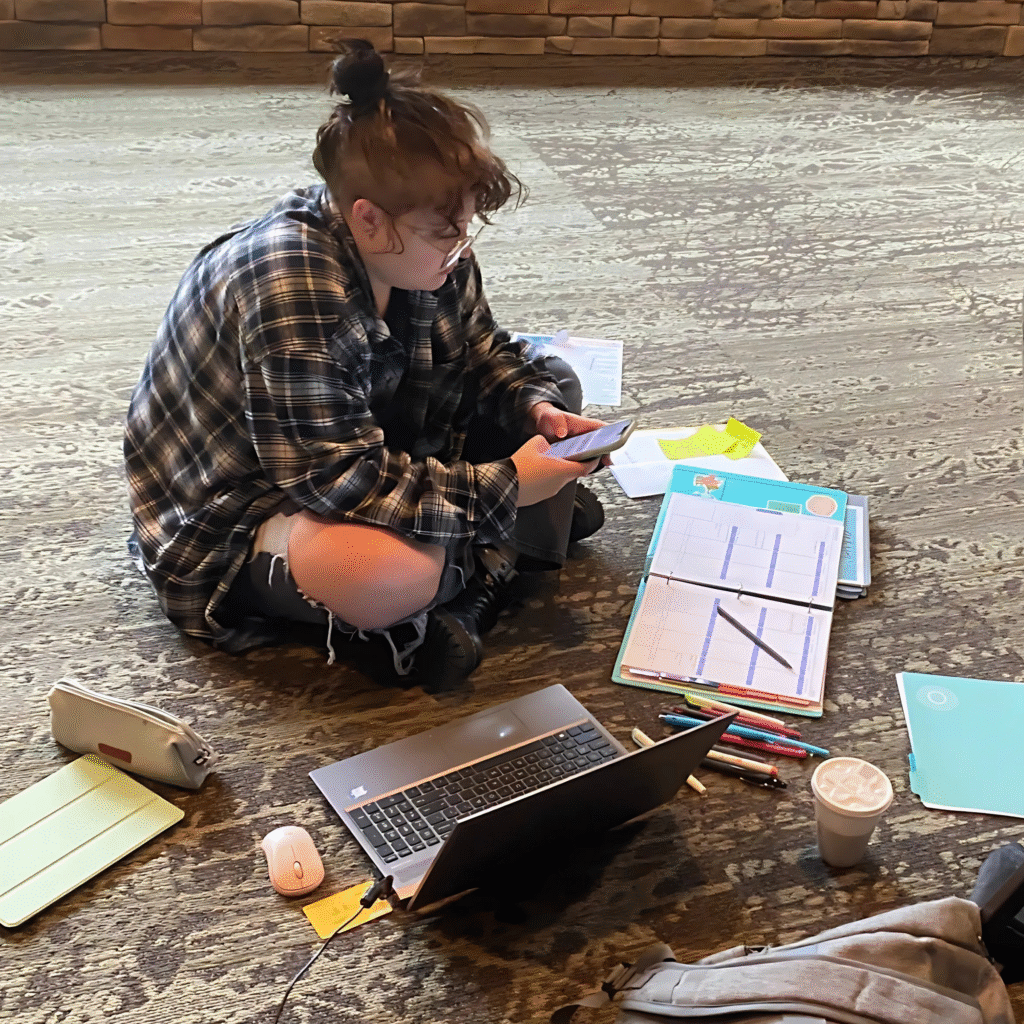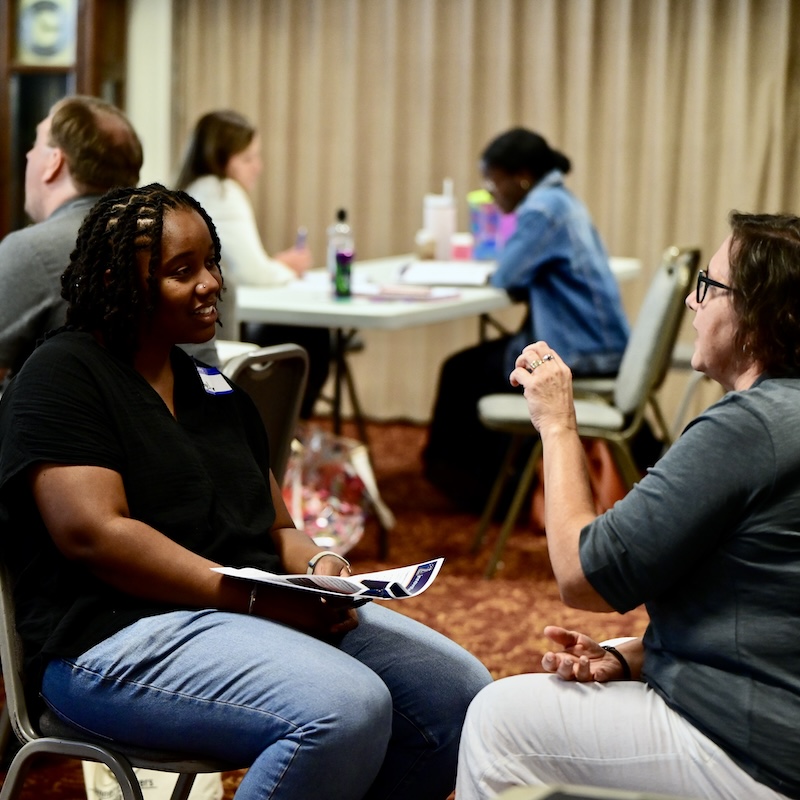No products in the cart.

[1] Theological reflection doesn’t begin with the learning or recitation of scripture, but with an experience that prompts us to awe and wonder. Whether the blinding experience of Saul on the road to Damascus or the experience of a sixth-grader encountering the poverty of America, when our experiences upend our expectations or normal ways of explaining and experiencing the world we find ourselves in a place of awe. It’s not uncommon to name them — around the campfire, at the altar, or in celebration on the last night of a mission trip.
Theology Together, then, seeks to immediately move youth toward disorienting dilemmas, exposing them to experiences that upend their theories and conceptions about the world, God’s activity in the world, and their participation with God as agents of healing. Such disorienting dilemmas might begin by immersing youth in the midst of relational service in an underserved neighborhood, in listening to the stories and experiences of other teenagers or adults whose lives are lived amidst the broken tapestry of our world, in caring for the mentally and physically disabled, through dialogue and relationship with the unhoused and homeless, or seeing the city through new eyes on a prayer tour that exposes prevalent systems of dehumanization and oppression. Wherever they begin, wherever they become alive, the foundations of theological reflection start here and lead students and leaders into a deeper discovery of God’s movement in the world.
Interested in introducing your youth to a disorienting dilemma? Our ministry partner City Service Mission (CSM) uses our Theology Together curriculum in their service trips. During these service trips, youth and youth leaders live in the heart of their respective city, learn what city dwellers face, learn how urbanites overcome challenging circumstances, and offer their time, energy, and prayers to support ministry sites. They serve in a variety of hands-on service opportunities to supply substantive help to God’s people in the city. And, with the incorporation of Theology Together curriculum, these experiences will help youth and youth leaders gain a deeper and more practical understanding of theology. Sign up today at csm.org.
SIGN UP FOR A 2021 MISSION TRIP
Further Reading:
[1] Portions of this section are drawn from “Appendix: Leading Youth in Theological Reflection” in Andrew Zirschky, Teaching Outside the Box (Nashville: Abingdon Press, 2017).


